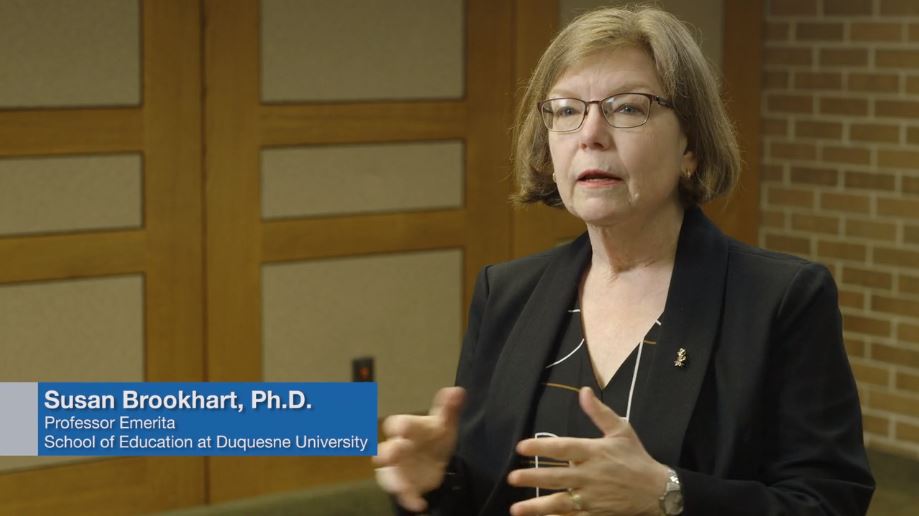We support ongoing research and capacity building by all stakeholders in the evaluation process so that Michigan will improve our collective ability to:
- observe and report effective practice,
- accurately measure and attribute student growth, and
- support teachers and administrators to demonstrate their effectiveness.
Why We Engage in Educator Effectiveness

A positive presupposition supports reforms to educator evaluation, and it is this: public schools nationwide will create, develop, recognize, and retain quality educators, who promote effective learning strategies and environments for students and contribute to student growth and success.
The MAC supports in principle the need for fair, balanced, and efficient systems for identifying effective practice among the teachers and administrators working in Michigan’s schools.We acknowledge that over time, researchers have developed some high-quality, evidence-based models for observing teaching and leadership practices. However, the field lacks available metrics for measuring student growth and instructionally sensitive assessments in which educators have confidence.
How We Contribute
Support for authentic, instructionally sensitive measures
Approximately 70% of educators teach a subject and grade level in which students do not take the state summative M-STEP assessment. Consequently, no direct data is available for the Michigan Department of Education (MDE) to generate a student growth percentile for their students. For these teachers, in particular, we support policies and practices that permit teachers to demonstrate their effectiveness through the use
of multiple, instructionally sensitive measures that are authentic to their discipline.
For arts teachers we promote the use of the MAEIA performance assessments. We provide guidance and instruction that permits a teacher to summarize class score reports, analyze these data, draw defensible conclusions about student growth, and formulate goals for students and teachers to focus future learning goals.
Who Informs Our Work?

Susan Brookhart, Ph.D.
In this five-minute video, Susan Brookhart, highlights a few critical understandings and behaviors that educators—and other education stakeholders—could develop in order to improve assessment practice in the interest of serving students.
Ed Roeber, Ph.D.
Alternative Models for Educator Evaluation, ThinkPoint, MAC, 2018.
National Education Policy Center
Research-Based Options for Education Policymaking: Reversing the Deprofessionalization of Teaching
Future Focus
We will promote and disseminate the materials we have developed that present educator evaluation as an opportunity to demonstrate effectiveness rather than an opportunity to inspect practice and data for deficits.
We will continue to promote the development and use of performance assessment as a meaningful item type embraced by teachers, students, and administrators who understand assessment as a means to deepen and advance learning.
We are engaged in development of a collaborative virtual scoring system that will permit trained teachers the ability to score constructed response and performance assessment results for one another thereby providing distributed scoring opportunities and making the results defensible in the use of educator evaluation plans.
For more information the MAC’s Educator Evaluation policy and practice work, contact Kathryn Dewsbury-White: (517) 816-4520.
To learn more about our Policy and Practice work, please contact Kathy Dewsbury-White at (517) 816-4520.
Our resource bank contains additional materials and resources to support educators in the effective use of assessment.
